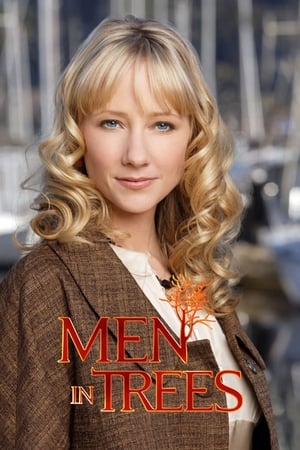Overview
In the mid-to-late 1980s, Xiao Zhan, Cong Xiao Qing, and other domestic college elites from different backgrounds and personalities embarked on a journey of pursuing the American dream. They were the pride of the sky in China, but they turned into phoenixes when they arrived in the United States. Obstructed academic studies, emotional frustration, financial crisis, interpersonal crisis, they face difficulties and ups and downs and finally succeed in their careers. Later, he resolutely chose to return to the homeland of the motherland, work together to start a business, and move forward. From China to the United States, and from the United States to China, for more than 30 years of hardening, the group finally presented a magnificent hymn from the "sea side" to the world in various fields such as scientific research and finance.

 Chinese
Chinese
 0
0
 2019
2019
 CN
CN



















